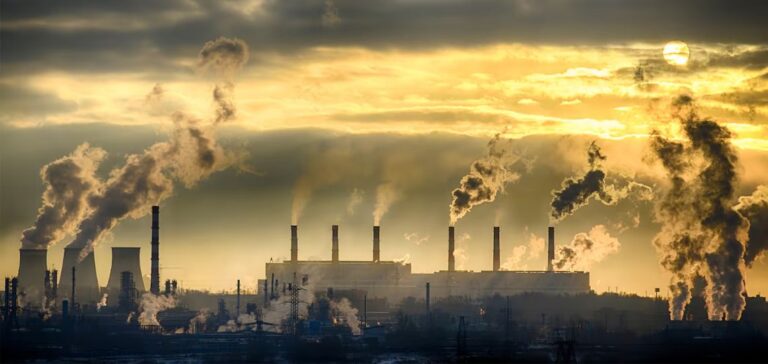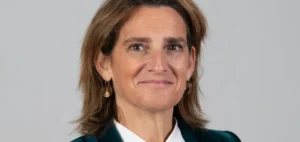Carbon credits, a concept introduced in the 2015 Paris Agreement, allow countries and companies to buy emission reductions from other entities to offset their own carbon dioxide (CO2) emissions. Through Article 6 of this agreement, stakeholders can acquire carbon credits generated by forest preservation projects or the replacement of fossil fuels with renewable energy sources. However, since its introduction, this mechanism has drawn criticism, especially regarding transparency and the actual effectiveness of the offsetting.
COP29, held in Baku, marks a turning point in regulating this market. Current negotiations aim to establish a global framework for carbon credit exchanges, with stricter rules to govern CO2 sequestration initiatives. This oversight has been long-awaited, particularly by companies wishing to comply with international standards while remaining “carbon neutral” on paper.
A market in need of regulation
The development of the carbon credit market has so far evolved without oversight, leading to numerous scandals. Some studies have shown that the environmental benefits of several projects were largely overestimated or even non-existent. Carbon credits sold to companies to justify their carbon neutrality often relied on unverifiable initiatives or were supported by organizations with little independence.
COP29, therefore, stands out for introducing three sets of rules designed to strictly regulate this market. These rules, proposed by a UN oversight body, aim to establish verifiable methodologies for credit issuance. They also impose rigorous project monitoring to ensure long-term compliance of results.
Safety measures for carbon sequestration
The new standards introduced in Baku provide monitoring mechanisms for carbon sequestration projects. One of the most innovative proposals involves establishing a guarantee fund, similar to an insurance pool, to protect carbon credits in case of a disaster. For instance, if a forest initially protected for its CO2 storage capacity burns down, the fund would compensate for the loss by canceling the corresponding credits. This aims to reduce the risk of deforestation shifting to other areas and to ensure an actual reduction in emissions.
One of the new texts also requires taking into account the rights of local populations. These populations will be able to challenge projects launched on their lands if they believe the initiatives threaten their environment or living conditions.
Towards international standardization
The implementation of Article 6.4 of the Paris Agreement, dedicated to carbon credit exchanges between companies, seeks to standardize certification criteria for these credits. Until now, the main private certifiers, Verra and Gold Standard, established their own standards to validate credits. The new UN rules encourage these organizations to align with a single standard, thereby promoting consistency and comparability of credits on a global scale.
According to Karolien Casaer-Diez, an expert at the consulting firm South Pole, this standardization could establish a new quality benchmark for carbon credits. If COP29 approves the new rules, they will serve as a reference for international transactions, requiring certifiers to strengthen their controls.
A critical issue for COP29
Adopting these standards is essential for restoring trust in carbon credits. Unlike previous negotiations, the oversight body has already validated the texts this time and proposed to countries to reject them, in case of disagreement, rather than approve them. This new strategy could facilitate their adoption and reduce delays in implementing Article 6.4, awaited for almost a decade.
Companies and states involved in offsetting projects hope that COP29 will finally establish a solid framework. The adoption of these measures would put an end to the legal ambiguity surrounding the carbon credit market and optimize actions for a real reduction in CO2 emissions.





















